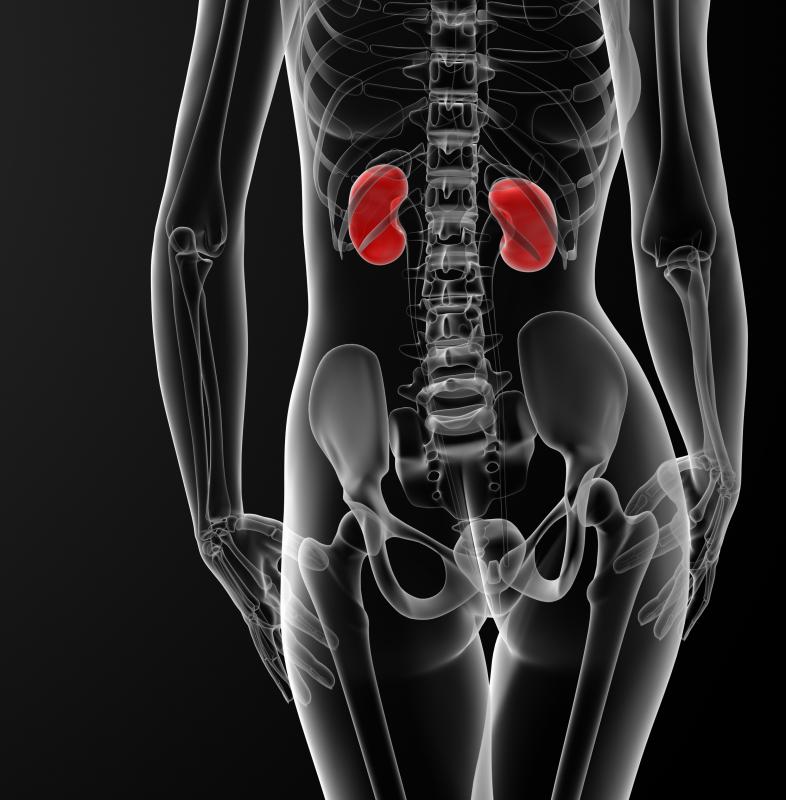At TheHealthBoard, we're committed to delivering accurate, trustworthy information. Our expert-authored content is rigorously fact-checked and sourced from credible authorities. Discover how we uphold the highest standards in providing you with reliable knowledge.
What Is a Heparin Assay?
A heparin assay is a medical test used to measure the level of heparin in the blood. Heparin is a medication used to prevent blood clots from forming in post-surgical or other high-risk patients. Physicians must carefully monitor heparin levels and their effects on patients because too much of the medication can cause massive bleeding.
Normal blood clots perform an important role in the human body: they prevent people from bleeding out through a minor cut by sending platelets and other clotting factors to the site of the wound to repair the damage. Abnormal blood clots, or those that are triggered by damage to the blood vessels, can be fatal if left untreated. They can travel to the heart, lungs, and brain, causing catastrophic events such as strokes or heart attacks.

Heparin, derived from the mucosal tissue of slaughtered pigs or cows, is known for its anticoagulant factors. While its exact mechanisms are unknown, it helps keep the blood moving smoothly throughout the blood vessels. Excessive levels of heparin, however, can thin the blood too much and cause life threatening effects on the body. Heparin reduces the blood’s clotting time, which is measured by a test called partial thromboplastin time (PTT). When the blood cannot clot as quickly as it needs to, massive internal and external bleeding can occur. The heparin assay test is done to ensure that the medication does not completely overwhelm the body’s clotting factors.

The heparin assay test is performed by taking a blood sample from the patient four to six hours after the most recent heparin dose. The blood is added to a mixture of anti-thrombin Factor Xa, an enzyme used in the creation of the thrombin, a clotting factor in the body. The heparin binds to the anti-thrombin rather than the Factor Xa. The heparin assay measures the amount of Factor Xa left in the blood sample, which indicates the level of heparin concentration in the blood.

While the heparin assay test is an important monitoring tool for all patients receiving heparin, certain patients are at a higher risk for hemorrhage from heparin therapy and may require closer monitoring. These include patients with severe hypertension, a history of ulcers, and severe renal or liver failure. Patients over age 60 or those on other medications that thin the blood, such as aspirin or non-steroidal anti-inflammatory drugs, are also at a higher risk of complications. Excessive levels of heparin in the blood can be counteracted with a protamine sulfate injection, which neutralizes the medication.
AS FEATURED ON:
AS FEATURED ON:
















Discuss this Article
Post your comments